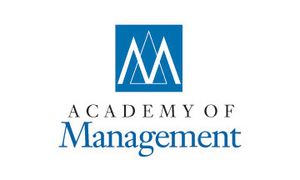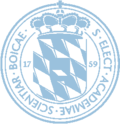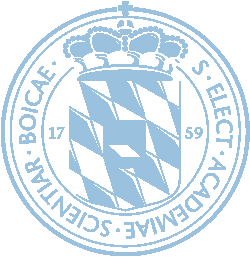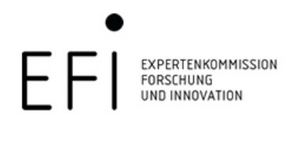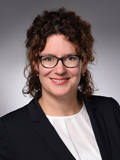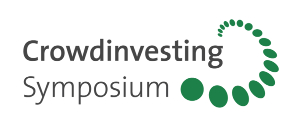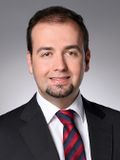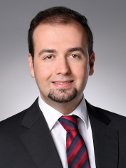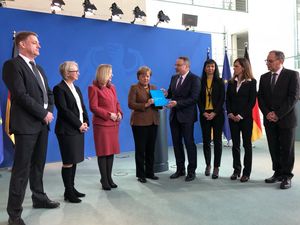On 13 August 2018, Laura Rosendahl Huber, Ph.D., and Laura Bechthold received the Best Empirical Paper Award for their paper “Yes, I Can! –A Field Experiment on Female Role Model Effects in Entrepreneurship” during the Entrepreneurship Division Business Meeting of the Academy of Management in Chicago.
The paper examines how exposure to female entrepreneurial role models influences the development of entrepreneurial self-efficacy, attitudes and intentions among female students. Drawing on a field experiment and social learning theory as well as existing research concerning role model effects, the study provides evidence that role model effects do not only occur by chance, but can be purposefully triggered in an educational setting. Hence, exploiting female role model effects may serve as an effective mechanism to foster female entrepreneurship.
The prize, endowed with USD 1,500, is sponsored by the Kennesaw State University.


